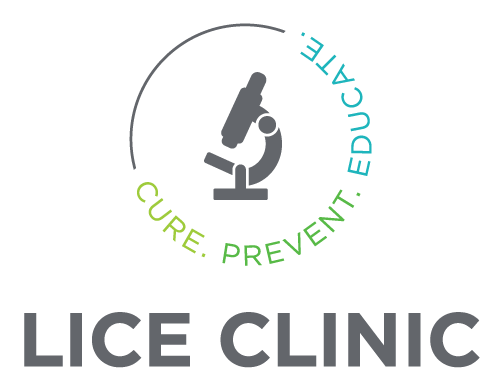Bald Men and Head Lice: Debunking Myths and Understanding Risks
When it comes to head lice, the popular perception is that these tiny critters have an affinity for lush, abundant hair. But what about bald people? Are they immune to the infestation that plagues so many heads? And do balding heads provide a less hospitable environment for these pests? This blog aims to shed light on the curious case of bald people and head lice, debunking myths and clarifying facts along the way.
What are Head Lice?
Before delving into the specifics of baldness and lice, it’s essential to understand what head lice are. These tiny, wingless insects feed on human blood and are usually found on the scalp. Female lice lay eggs, known as nits, that attach to hair strands near the scalp.
The Bald Truth: Can Bald People Get Head Lice?
Less Likely, But Not Impossible
Contrary to popular belief, bald people are not entirely immune to head lice. While it’s true that lice have a preference for attaching their eggs to hair strands, they can still survive on a bald scalp for a short time by clinging onto the small amount of hair or fuzz most bald people still have. However, sustaining an infestation becomes significantly harder for the lice without sufficient hair.
No Hair, Fewer Hiding Spots
A bald or nearly-bald scalp offers fewer places for lice to hide and lay their eggs, making detection and removal much easier compared to a head full of hair.
Lice Transmission: How Bald People Could Still be Affected
- Contact with Infested People: Physical contact with a lice-infested person can transfer some lice to a bald person’s scalp.
- Sharing Personal Items: Lice can also be transmitted through sharing combs, hats, or headphones.
Precautions for Bald People
- Avoid Head-to-Head Contact: Particularly in settings where lice infestations are common, like schools or summer camps where they may be in close contact with children.
- Be Cautious with Shared Items: Be vigilant about using shared items that have touched someone else’s scalp.
- Routine Checks: Periodically inspect your scalp for signs of lice or nits. A magnifying glass may be helpful for this.
- Immediate Treatment: If you notice any lice, consult a healthcare provider for appropriate treatment, which could include topical insecticides or natural remedies.
FAQs: Addressing Common Misconceptions
- Are bald people immune to lice?
No, they are just less likely to sustain a long-term infestation. - Can lice live on body hair?
Head lice are specifically adapted to live on the scalp, but there are different types of lice that can infest body hair. - Are lice a sign of poor hygiene?
No, lice can infest anyone, regardless of their cleanliness.
Conclusion
While it’s less common for bald people to have a sustained infestation of head lice, they are not entirely immune to these parasites. Being proactive about prevention is key to avoiding a lice problem, no matter how much hair you have—or don’t have. Always consult a lice removal specialist, like ours, for accurate diagnosis and appropriate treatment options. Here’s to staying lice-free, whether you’re bald or not!




Leave a Reply
Want to join the discussion?Feel free to contribute!